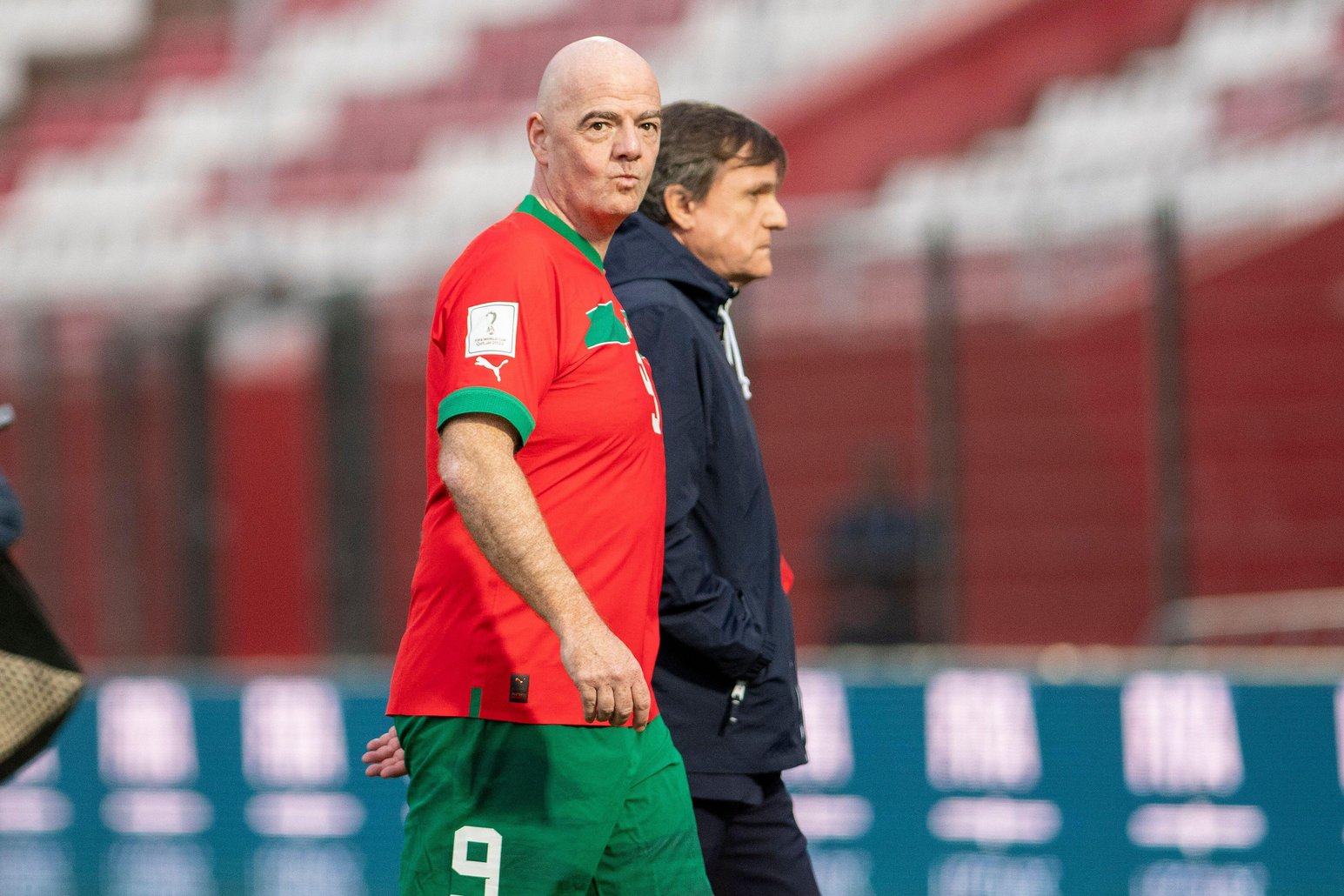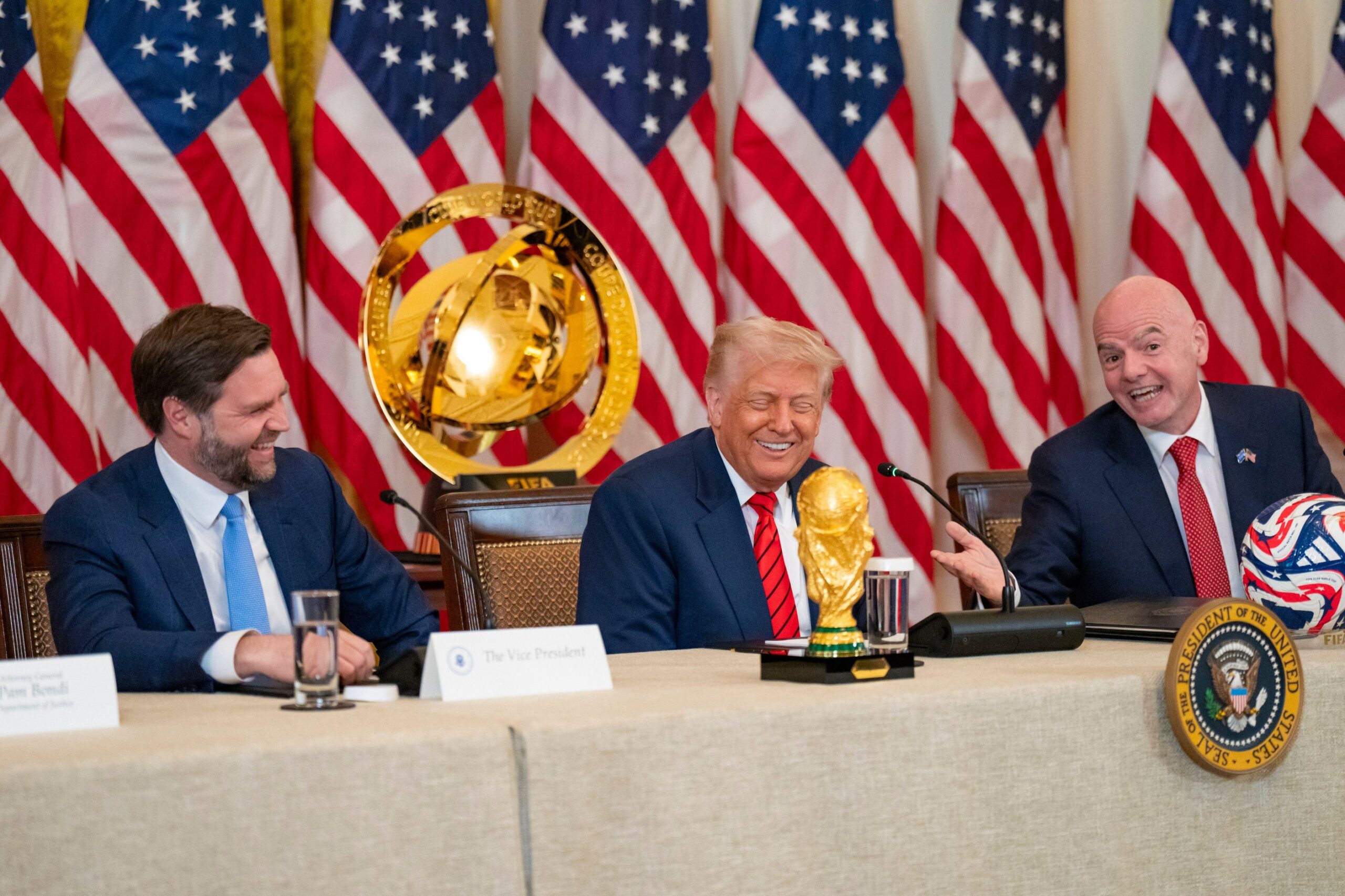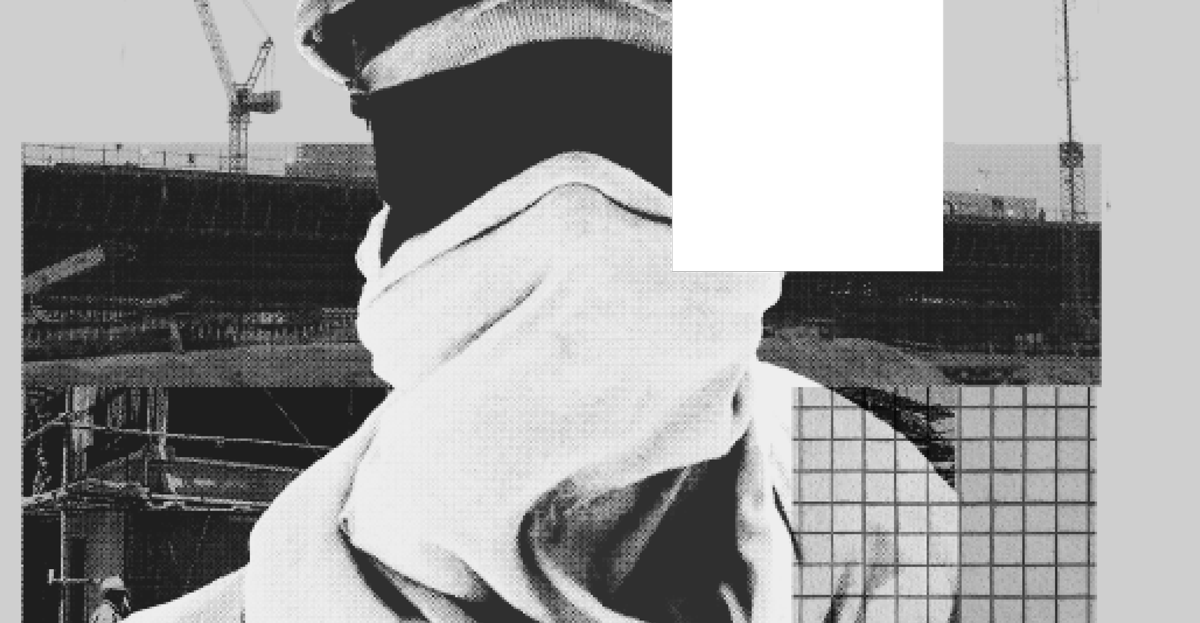
FIFA is ignoring credible evidence that its operations are causing children to be exposed to violence and harm, FairSquare said today after reviewing extensive documentation relating to the inhumane culling of dogs in Morocco since 2023.
FIFA’s operations in Morocco appear to have led to a significant increase in the culling of dogs, many of whom are shot or poisoned and their bodies dumped in wasteland, and there is credible evidence that children who witness the killings are suffering serious trauma as a consequence. The killings appear to have intensified since FIFA’s decision to host multiple events in the country. Correspondence between animal and child rights campaigners and FIFA indicate that football’s world governing body is refusing to acknowledge clear evidence of the harm being caused to children and its responsibility to take action to prevent it, and has instead relied on evidence-free assurances from the Moroccan authorities.
“In ignoring inexcusable animal cruelty and the entirely preventable harm and suffering this is causing an untold number of children, FIFA appears to yet again be prioritising its relationship with tournament hosts over the well-being of the vulnerable groups affected by its operations,” said FairSquare co-director Nick McGeehan.
FIFA announced on 16 December 2022 that Morocco would host the FIFA Club World Cup in February 2023, with seven matches being played in Tangiers and Rabat. According to multiple media reports published in January and February 2023, FIFA’s announcement prompted the Moroccan authorities to initiate the culling of the cities’ stray dog populations immediately before the start of the tournament. Videos and images of the cull and its aftermath indicate that these were carried out in an inhumane fashion. Sources in Morocco with knowledge of the authorities’ response to the country’s stray dog problem, speaking under condition of anonymity, said that the escalation of the killings was directly linked to the FIFA tournament, at a time when Morocco was known to be interested in hosting the 2030 men’s World Cup.
In June 2023, the European Link Coalition (ELC), an organisation that conducts research and advocacy on the link between animal cruelty and human trauma and violence, contacted FIFA via its confidential online reporting portal and raised a safeguarding complaint. FIFA did not respond to the complaint, but the ELC were able to make contact with them by calling a member of FIFA’s safeguarding team directly.
FairSquare has examined the subsequent correspondence between the ELC, the International Animal Welfare Protection Coalition (IAWPC), and FIFA, and reviewed the body of evidence that the ELC has submitted to FIFA between June 2023 and March 2025, which includes videos and images of dogs being captured and killed, and written and verbal testimonies of children who witnessed the killing of dogs. The ELC and the IAWPC also sent FIFA relevant reports from the UN Committee on the Rights of the Child to support their argument. In August 2023, the UN Committee on the Rights of the Child issued a general comment stating that children’s right to freedom from violence, outlined in Article 19 of the Convention on the Rights of the Child, involves a need to protect children “from all forms of physical and psychological violence and from exposure to violence, such as domestic violence or violence inflicted on animals.” Although FairSquare has not independently verified the entire body of evidence that the ELC has sent to FIFA, it constitutes detailed prima facie evidence of a serious and ongoing safeguarding and human rights concern.
As a result of the information that the ELC sent to FIFA, FIFA held a remote meeting with the ELC in January 2024. Representing the European Link Coalition were Deborah Wilson, a practicing Psychotherapist with training in Child Safeguarding Procedures, Dr Roshni Ladny, a criminologist whose research examines the link between animal cruelty and childhood trauma, and Dr Ella Hilby, who has worked as a technical expert with the World Organisation for Animal Health (WOAH), World Health Organisation (WHO), and the Food and Agriculture Organisation (FAO) on dog population management.
Ms Wilson and Dr Ladny told FairSquare that a senior member of FIFA’s Safeguarding division and a senior member of their Human Rights and Anti-Discrimination division appeared to accept their argument that the issue invoked FIFA’s responsibilities and expressed a desire to work with the ELC on the problem. However, on 11 March 2024, a senior member of FIFA’s human rights division sent an email to the ELC saying that they were “contemplating adding some more specific language to future bidding requirements” and that the ELC should raise their concerns with Morocco’s National Human Rights Institute, who were preparing Morocco’s independent human rights context assessment for their 2030 men’s World Cup bid. FIFA stopped replying to emails from the ELC from April 2024 onwards.
FIFA’s commitments on child protection and human rights
FIFA’s website states that “Child protection is an essential part of safeguarding and refers to the action taken in response to a specific concern for a child or children who may be suffering or is/are at risk of suffering harm or abuse.” It also states that “when it comes to harassment, abuse, neglect or exploitation LACK OF ACTION IS NOT AN OPTION.”
The Bidding Regulations for the 2030 and 2034 World Cup, which FIFA published in October 2023, state that “FIFA is fully committed to conducting its activities in connection with the bidding for and hosting of the final competitions of the FIFA World Cup 2030 and the FIFA World Cup 2034 in accordance with sustainable event management standards and practices (in line with ISO 20121), safeguarding principles for the protection of children and adults at risk and to respecting internationally recognised human rights in accordance with the United Nations Guiding Principles on Business and Human Rights.”
In November 2024, FIFA’s assessment of Morocco’s bid for the 2030 men’s World Cup referenced assurances from the Moroccan authorities that they had resolved the issue, stating that: “The bid has outlined its commitment to the protection of animal rights and has highlighted that since August 2024 the culling of animals is prohibited in the country, and governmental resources are being allocated to expand clinics and support programmes for stray dogs.” However, Morocco has not actually passed any new laws; they have simply reaffirmed a 2019 cooperation agreement promulgated by Morocco’s Interior Ministry on “the problem of street dogs and cats” and pledged extra funds for its implementation. The ELC had provided information to FIFA that clearly demonstrated the ineffectiveness of this agreement, and have provided FIFA with what they describe as “irrefutable evidence” that the killings have continued, and evidence of the trauma this is causing to those who witness them.
These developments have come against the backdrop of an ever-closer relationship between Morocco and FIFA. On 14 March 2024, FIFA President Gianni Infantino announced that the FIFA Council had approved the awarding of multi-year hosting rights for the Under-17 women’s World Cup to Morocco, which will host the 24-team tournament annually from 2025 to 2029.
On 16 December 2024, a few days after Morocco was confirmed as a co-host of the 2030 men’s World Cup, FIFA signed an agreement with the Government of Morocco and the Moroccan Football Association (FRMF) to open the organisation’s first ever FIFA Africa Office in the country.
Background
FairSquare wrote to FIFA offering them the opportunity to comment on these findings ahead of publication.
Videos and images of the Moroccan authorities’ treatment of stray dogs and the impact of this on children can be seen at the Instagram account of the International Animal Welfare Protection Coalition.


